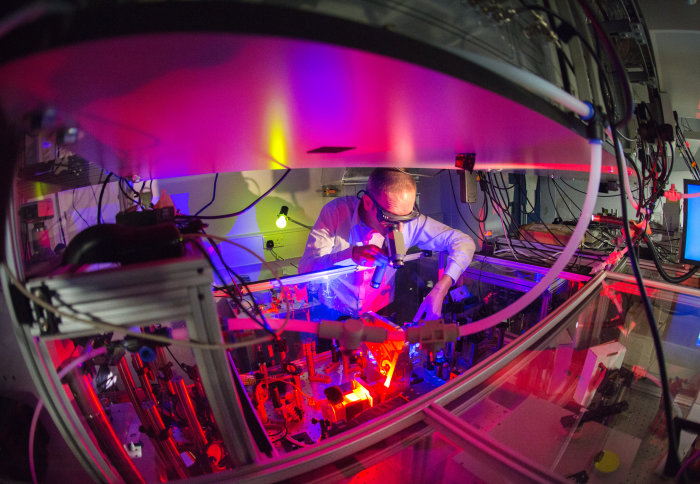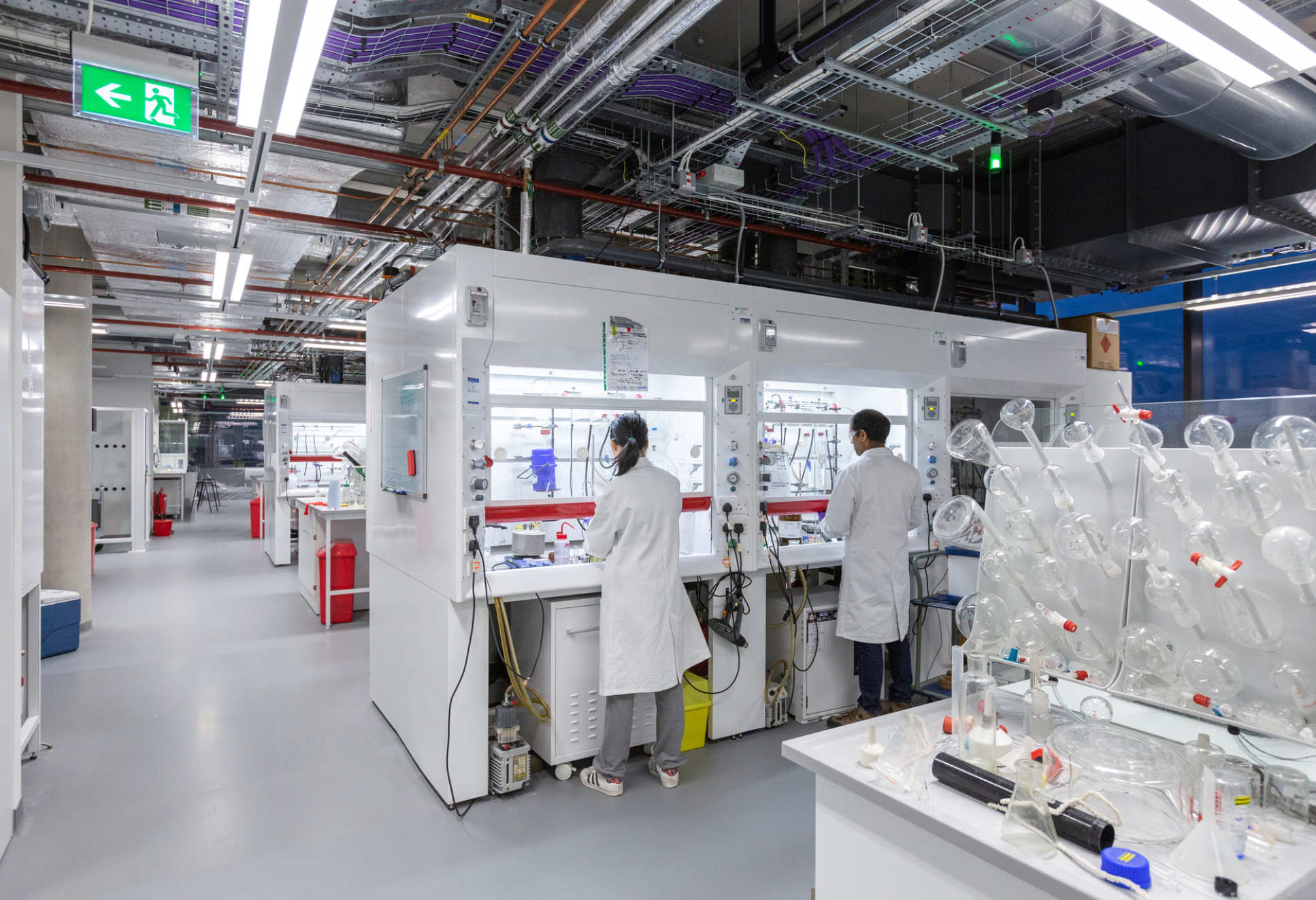Imperial College London takes entrepreneurship to next level

Imperial College London is opening up its academics and their world-beating innovations and ideas to the wider investment market.
In direct response to the growing entrepreneurial and commercial environment, Imperial’s technology transfer work is to be led directly by the College, replacing the external tech transfer office arrangement that has previously been in place.
The wider investor community will now have access to Imperial’s most innovative entrepreneurs, their ideas, and their startups, while academics will have a much wider range of potential investors to work with.
Entrepreneurial activity has always been core to our academic mission and this move enables us to build on two decades of unrivalled expertise and knowledge Ian Walmsley Provost
Tech transfer staff, including those from Imperial Innovations, will be part of a broader system of exciting entrepreneurial activity across the College and across different sectors, reinforcing the College’s position as one of Europe’s leading centres for innovation and entrepreneurship.
Startups founded by Imperial staff and students have more than doubled within the last five years, attracting approximately £1 billion of new investment and supporting 1,300 jobs.
Companies and technologies associated with Imperial include:
- Remote monitoring firm Permasense, based on research by Professor Peter Cawley and Dr Fred Cegla (Department of Mechanical Engineering) and acquired by Emerson Electric for up to £40 million
- Fuel cell company Ceres Power, founded by Professors Nigel Brandon and Brian Steele (Electronic and Electrical Engineering)
- Image recognition tool Magic Pony, set up by alumni Dr Zehan Wang and Rob Bishop and bought by Twitter for $150 million in 2016
- Technology developed at the National Heart and Lung Institute, led by Dr Justin Davies, for assessing patients with narrowed heart arteries was licensed to Phillips Volcano, leading to a 90% reduction in discomfort for patients being assessed
- Virtual reality firm Surreal Vision, founded by Imperial PhD students Richard Newcombe, Renato Salas-Moreno, and Steven Lovegrove, and bought by Facebook in 2015
- Bug-fixing innovators GraphicsFuzz, set up by Dr Alastair Donaldson, Hugues Evrard and Paul Thomson (Department of Computing) and acquired by Google in 2018
- Wearable light-tracker Lys, founded by Innovation Design Engineering alumnus Christina Petersen.
Imperial Innovations
The pioneering Imperial Innovations was established in 1986, and was the first such unit in the UK to be spun-off into its own company and to list on the stock market. Its growth since then and work with Imperial has put the College in the perfect position now to take on leadership of technology transfer.
Under the new arrangements, entrepreneurs and inventors will have access to co-ordinated commercialisation options, including new startup and scaleup incubation facilities in White City, acceleration programmes, co-working spaces, makerspaces and hackspaces, and a series of mentor and investor networks.
As part of this, the business activities of the Imperial White City Incubator Ltd are being extended to include technology transfer, and the Incubator will adopt the Imperial Innovations brand.
Entrepreneurial academics
Professor Alice Gast, President of Imperial College London, said: “It is great that our inspiring entrepreneurial academics are taking the development of their ideas to the next level. Our relationships with the investment community grow ever stronger.”
Professor Ian Walmsley, Provost of Imperial College London, said: “Entrepreneurial activity has always been core to our academic mission and this move enables us to build on two decades of unrivalled expertise and knowledge to ensure the wider world benefits from the very best ideas we have to offer. I am grateful to IP Group for their careful stewardship of the brand and the staff.”
Professor Nick Jennings, Vice Provost of Research and Enterprise, said: “I am delighted to see our entrepreneurial ecosystem develop in this way. It is exciting to have all the elements of our ecosystem working together to ensure we are able to maximise the real-world impact of our research.”

Alan Aubrey, Chief Executive of IP Group, said: “We are equally positive about the new arrangements and look forward to a new relationship with Imperial as we continue to invest in some of the most exciting opportunities from the university.”
Imperial Innovations attained the right to commercialise the College’s intellectual property in 2005. Innovations floated on AIM in 2006, going on to become a subsidiary of Touchstone Innovations plc, which was acquired by IP Group plc in 2017.
Article text (excluding photos or graphics) © Imperial College London.
Photos and graphics subject to third party copyright used with permission or © Imperial College London.
Reporter
Natasha Martineau
Enterprise
Hannah MacLachlan
Communications and Public Affairs